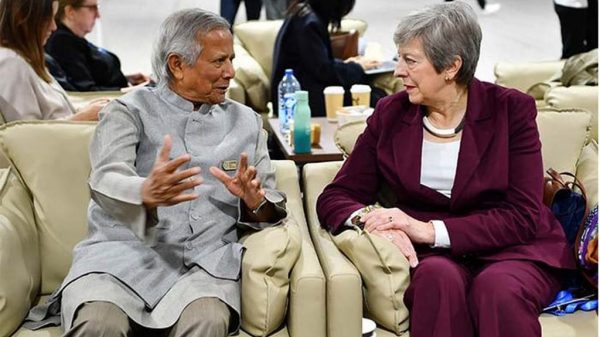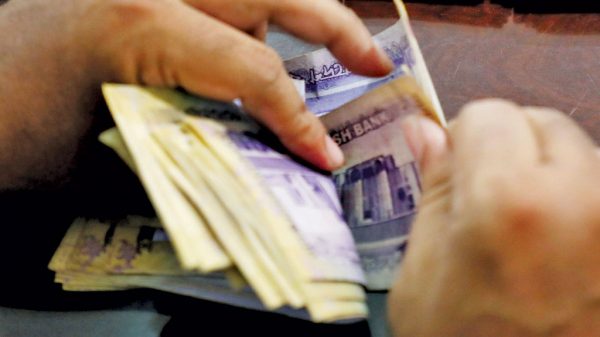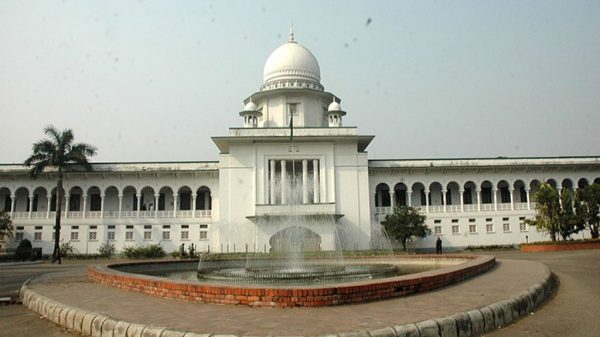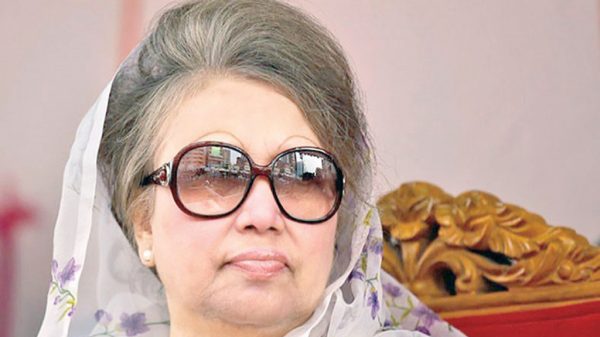Suspicious transactions, capital flight growing

Shawdesh desk:
Suspicious transactions linking to money laundering are growing in the county amid the resource crunch caused by a persistent dollar shortage.
According to a budget document, the Bangladesh Financial Intelligent Unit received 12,046 suspicious transaction reports and suspicious activity reports in the first nine months of the outgoing FY24.
The number was around 10,000 during the same period of FY23 with the BFIU recording overall 14,100 STRs and SARs at the end of FY23.
The BIFU also took measures against 25.9 million cash transaction reports in the first nine month of the outgoing FY24, said the budget document prepared by the Financial Institutions Division over the country’s financial sector.
Former Bangladesh Bank governor Salehuddin Ahmed, however, called the government initiatives to check the hundi and capital flight insufficient.
The inflow of remittance did not reflect the growing number of overseas job seekers from the country, he said, adding that hundi diverted remittance elsewhere.
Some 11 lakh Bangladeshi sought overseas jobs in FY23 as the Middle East countries hired workers from Bangladesh in an increased number.
But despite the rise in employment, inward remittance had not increased much.
For the period of July–April in the current financial year FY24, remittance inflow reached $21.3 billion against $19.1 billion earned in the same period of FY23.
The Financial Institutions Division report said the the BFIU suspended 27,860 individual mobile financial service accounts and two MFS providers in the first nine months of the outgoing FY24.
The BFIU also closed down 291 websites, 33 apps and 464 social media platforms for same reasons during the same period.
On May 9, finance minister Abul Hassan Mahmood Ali said that money laundering was increasing due to online gambling, gaming and hundi while responding to a question in the parliament.
Taking advantage of this development in technology, some unscrupulous circles became involved in criminal activities such as online gambling/betting, gaming, forex/cryptocurrency trading and hundi, he said.
As a result, he said that money was being smuggled out of the country leading to the loss of foreign currency.
Remittance significantly contributes to the country’s balance of payments, but the slower than expected growth had deepened the current economic crisis begun in April 2022.
To tackle the shortage of dollars affecting the country’s balance of payment and reducing the forex reserves at $18 billion from $48 billion in August 2021, the government was borrowing $4.7 billion from the International Monetary Fund.
The multilateral lender had already disbursed $1.1 billion and was expected to release $1.15 billion in the current month.
In April, a World Bank report revealed that around $3.15 billion out-flowed from Bangladesh annually through illegal offshore accounts.
The offshore financial wealth of Bangladeshis was estimated at 0.7 per cent of the nation’s GDP, the WB said quoting the State of the Tax Justice Report 2020.
Economists said that the WB finding was just a tip of the iceberg regarding the capital flight.
In FY23, immediate past finance minister AHM Mustafa Kamal introduced smuggled money reparation scheme to check the capital flight.
But the move failed to attract anybody although 10 countries, including the USA, the UK, Canada, Australia, Singapore, Hong Kong, the UAE and Malaysia, were among the main outflowing destinations of the tainted money from Bangladesh.
Former World Bank Dhaka office chief economist Zahid Hussain said that the capital flight and hundi had negative impacts on economy.
Generation of undisclosed money should be checked to check the flight, he said.























Leave a Reply